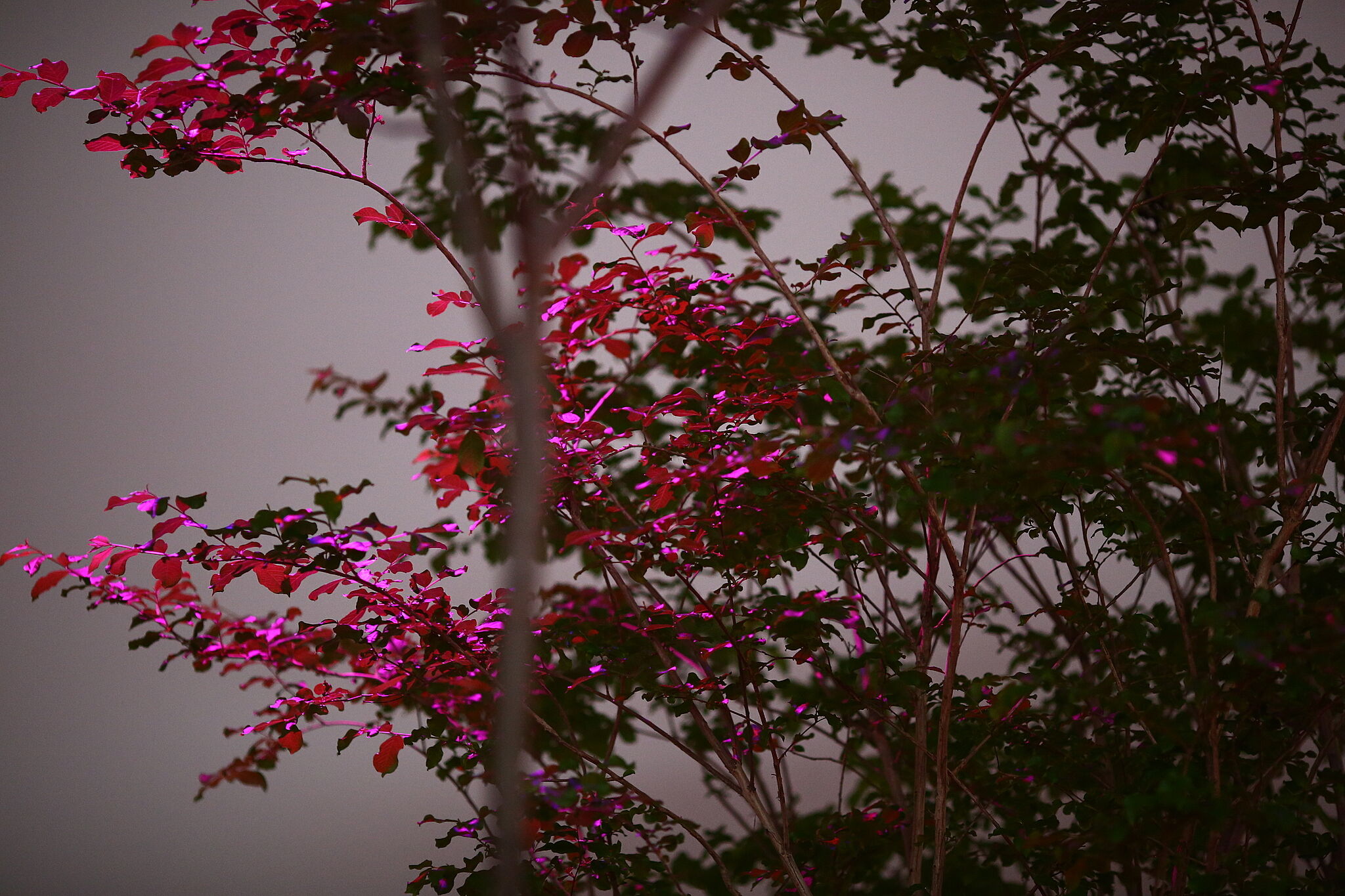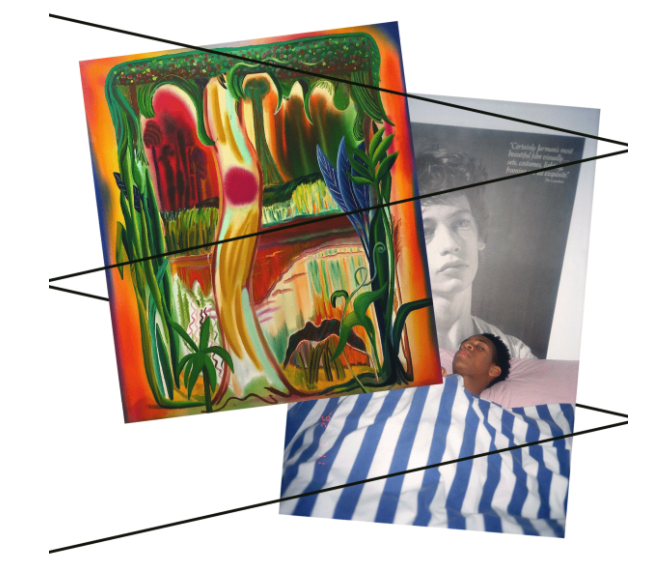Asad Raza’s Weekend Guests: Manthia Diawara
Sun, July 9, 2017
2–3:30 pm
This event has passed.
See more events like this.
Become a member today!
Join now to enjoy early access to exhibitions and events, unlimited free admission, guest privileges, and more.
Join nowLearn more about access services and programs.
Floor Six
As part of Root sequence. Mother tongue (2017), Asad Raza has invited a series of guests to occupy the installation with choreographic, musical, and intellectual events for weekend visitors to the museum. Comprising mentors, friends, and younger creative practitioners, the group is a plurivocal portrait of the artist’s community. View the full program.
Join for a talk with writer, filmmaker, cultural theorist, scholar, and art historian Manthia Diawara.
Manthia Diawara holds the title of University Professor at New York University, where he is Director of the Institute of African American Affairs. Diawara was born in Bamako, Mali and received his early education in France. He later received a Ph.D. from Indiana University in 1985. Prior to teaching at NYU, Diawara taught at the University of Pennsylvania and the University of California at Santa Barbara. Much of his research has been in the field of black cultural studies, though his work has differed from the traditional approach to such study formulated in Britain in the early 1980s. Along with other notable recent scholars, Diawara has sought to incorporate consideration of the material conditions of African Americans to provide a broader context for the study of African diasporic culture. An aspect of this formulation has been the privileging of “Blackness” in all its possible forms rather than as relevant to a single, perhaps monolithic definition of black culture. Diawara has contributed significantly to the study of black film. In 1992, Indiana University Press published his African Cinema: Politics & Culture and in 1993, Routledge published a volume he edited titled Black American Cinema. A filmmaker himself, Diawara has written and directed a number of films. His 1998 book In Search of Africa is an account of his return to his childhood home of Guinea and was published by Harvard University Press. Diawara is a founding editor of Black Renaissance Noire, a journal of arts, culture and politics dedicated to work that engages contemporary Black concerns. He serves on the advisory board of October, and is also on the editorial collective of Public Culture. In 2003, Diawara released We Won’t Budge: A Malaria Memoir, the title a tribute to Salif Keita’s anthemic protest song Nou Pas Bouger.


